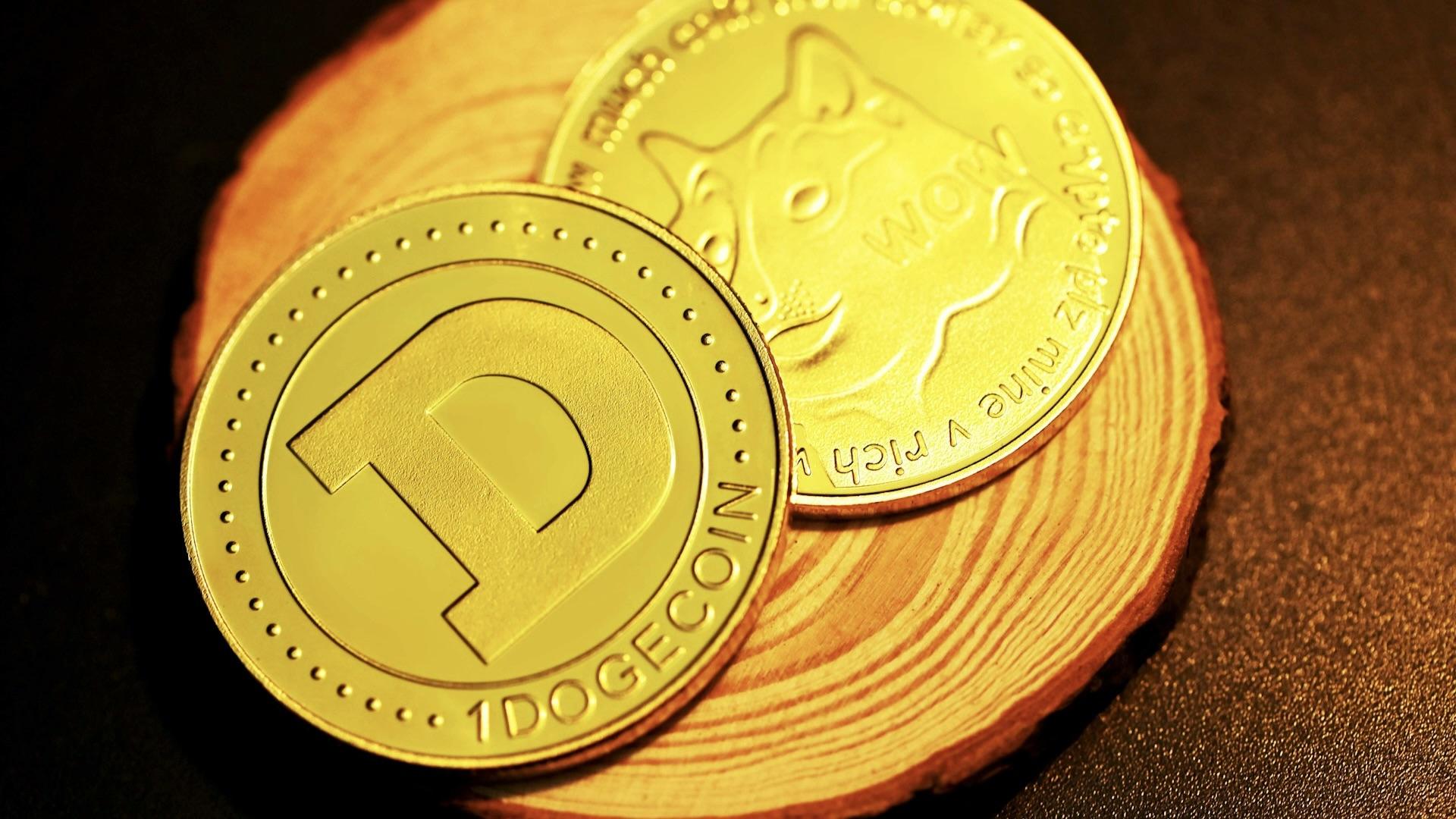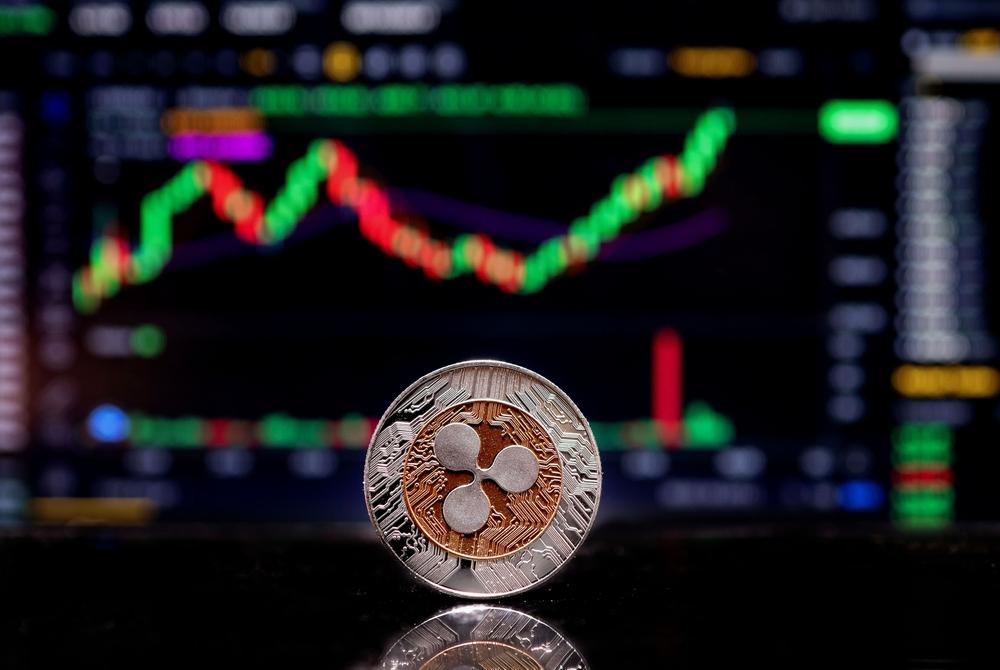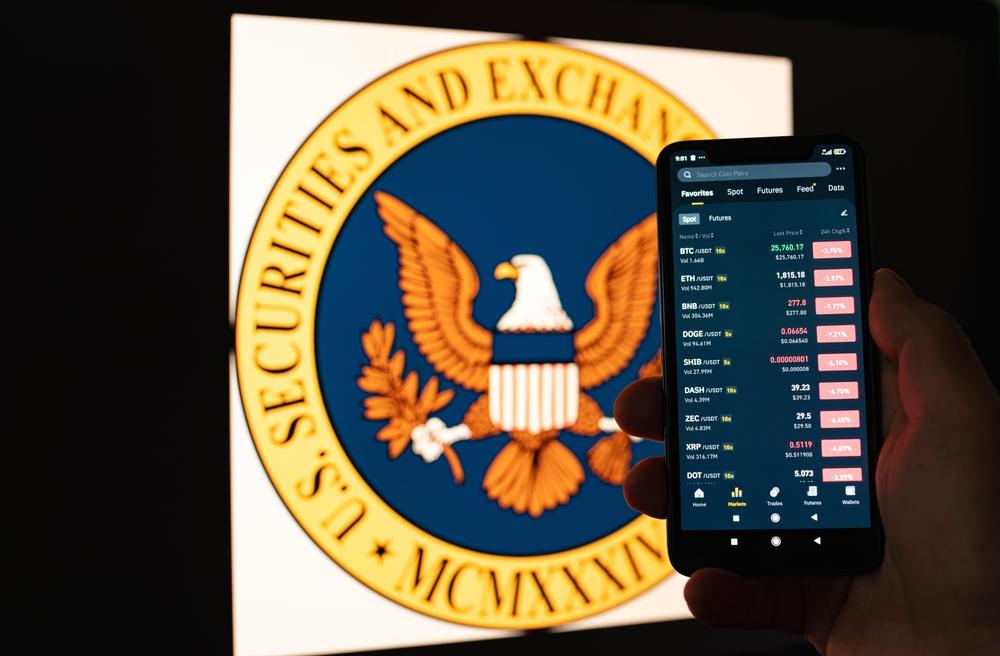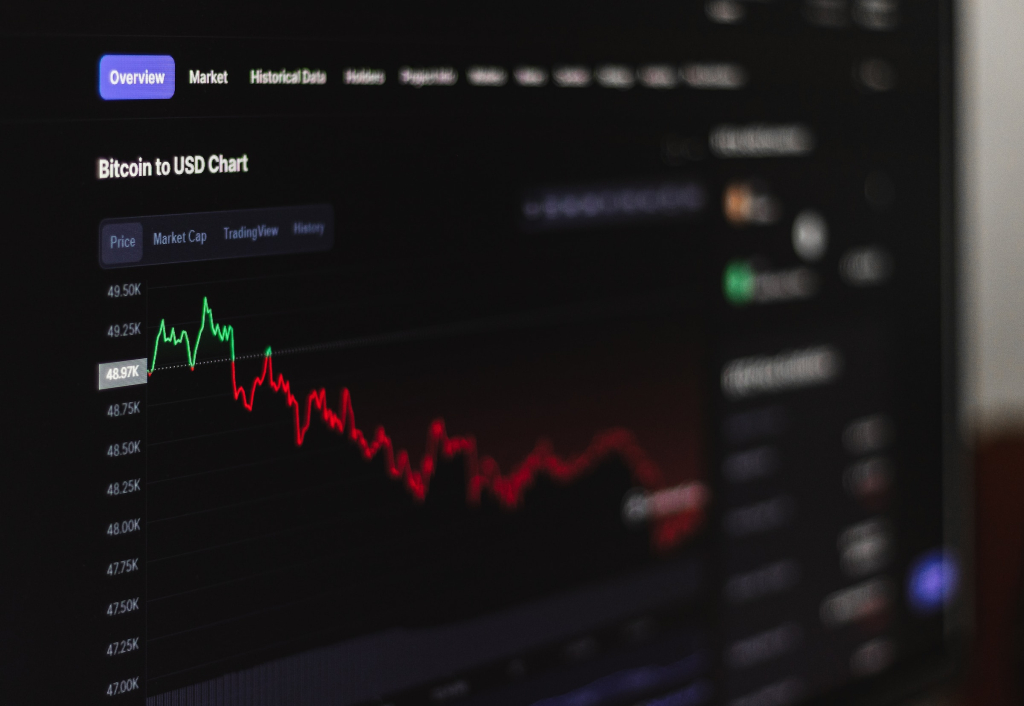China maintains strict crypto regulations while embracing blockchain, banning trading but building infrastructure. However, with Hong Kong offering regulated crypto markets, a potential loophole is emerging.
Beijing tightly controls capital flow, preventing free movement of money in and out of the country. Yet, experts suggest a model similar to the Qualified Domestic Institutional Investor (QDII) program or the Shanghai-Hong Kong Connect, which allows mainland investors to trade foreign assets without direct custody. Applying this to crypto, investors could gain exposure without moving funds across borders.
At Consensus Hong Kong, Red Date Technology CEO Yifan He explained that China’s primary concern isn’t crypto itself but capital controls. By ensuring crypto transactions stay within China’s financial framework—where licensed intermediaries hold assets—Beijing could regulate access without disrupting its monetary system.
This model mirrors China’s approach to stocks and ETFs. Just as investors trade U.S. ETFs through QDII but never take direct ownership, crypto could function similarly. Hong Kong’s regulatory sandbox may provide a controlled entry point for Chinese investors seeking crypto exposure.
Despite its crypto crackdown, China actively supports blockchain. He compared it to steel production: "We don’t allow guns, but we make steel." While applications like Bitcoin face restrictions, blockchain technology thrives.
Notably, He hinted at shifting regulatory sentiment. Two years ago, he saw "zero chance" of China reconsidering crypto. Now, he estimates a "more than 50% chance" within three years.
While Polymarket currently assigns just a 2% probability to China lifting its Bitcoin ban, growing discussions among regulators signal a potential shift. If a controlled crypto investment model gains traction, China may find a way to embrace digital assets without compromising capital controls.



























Comment 0